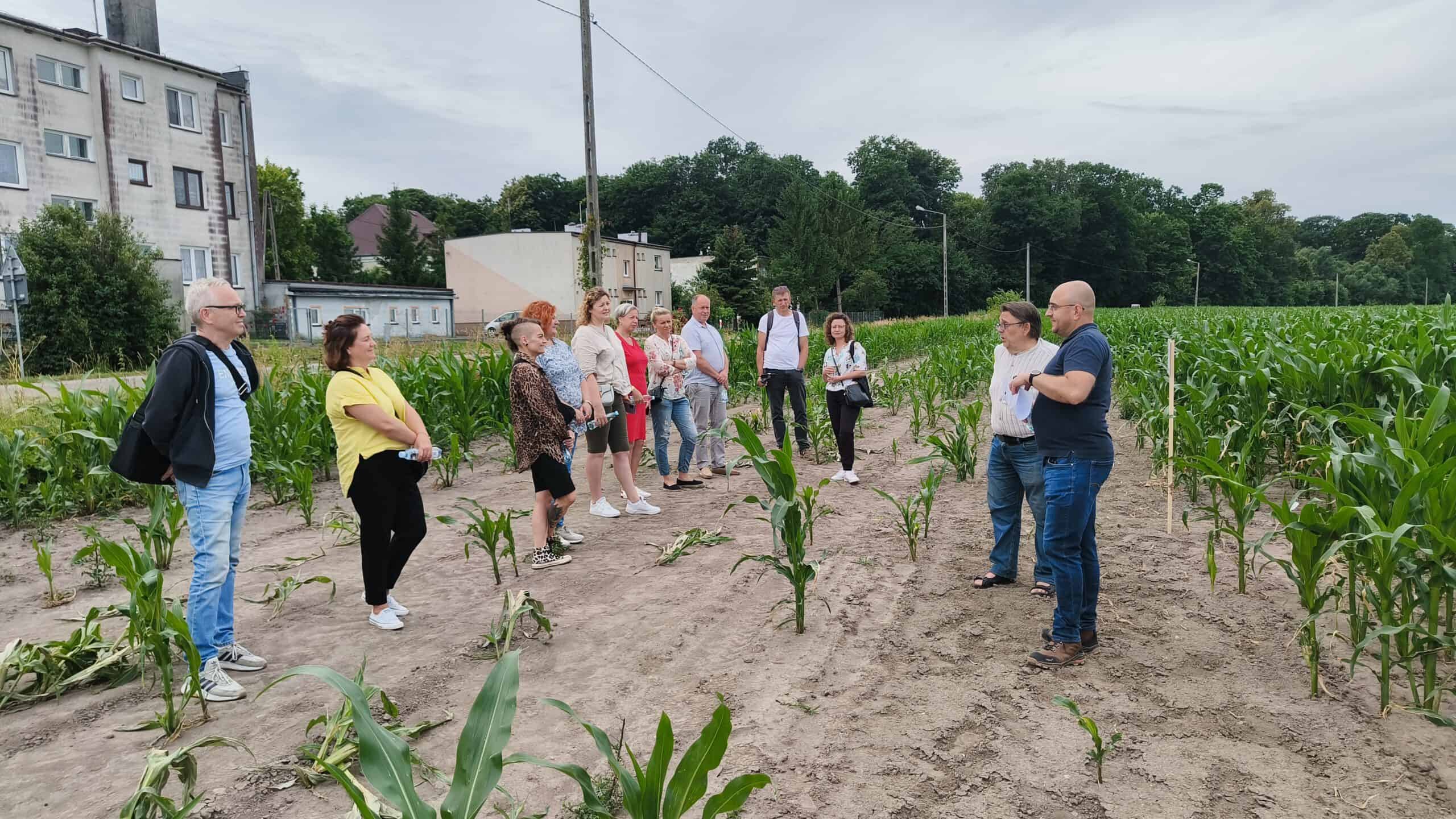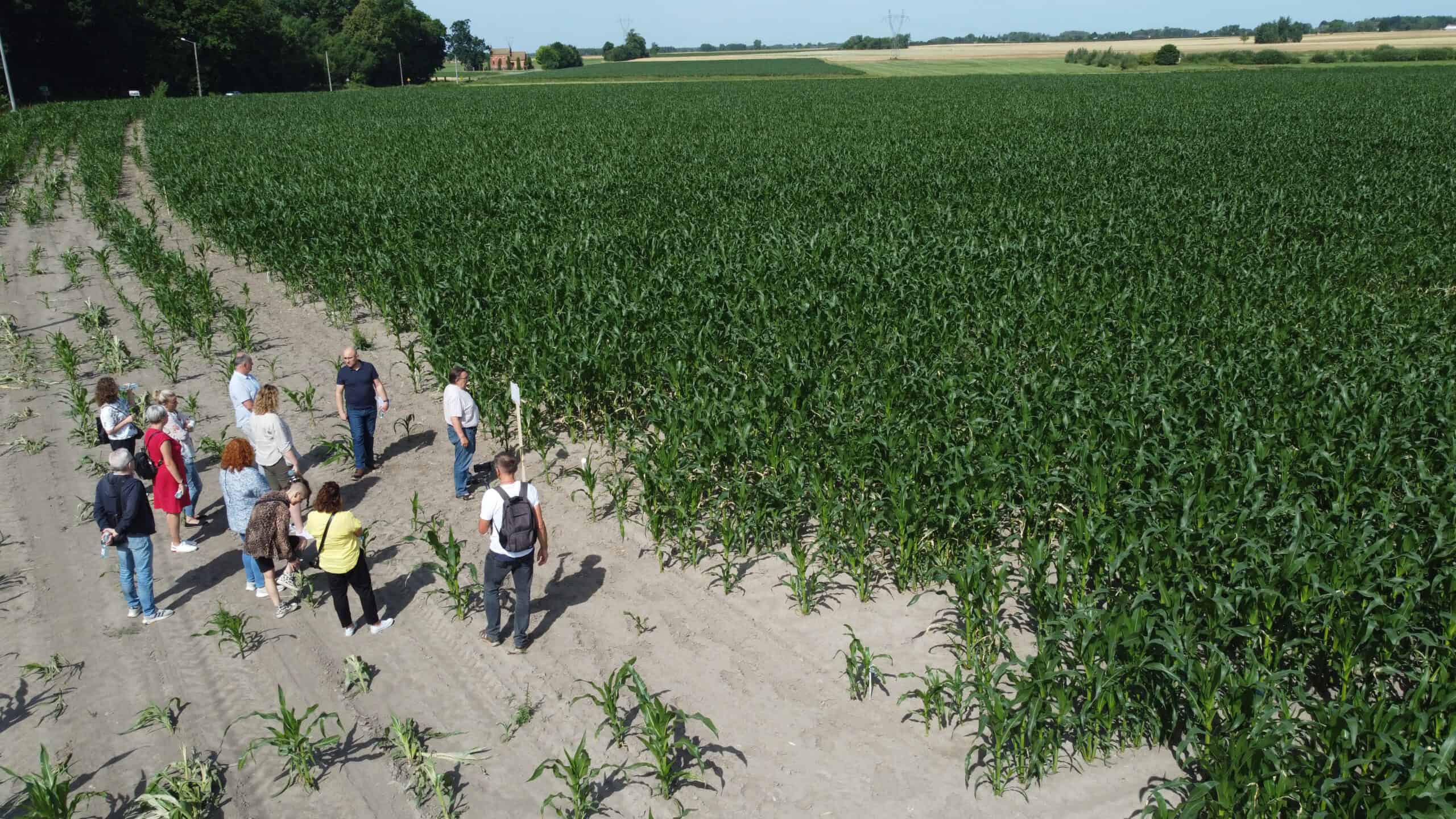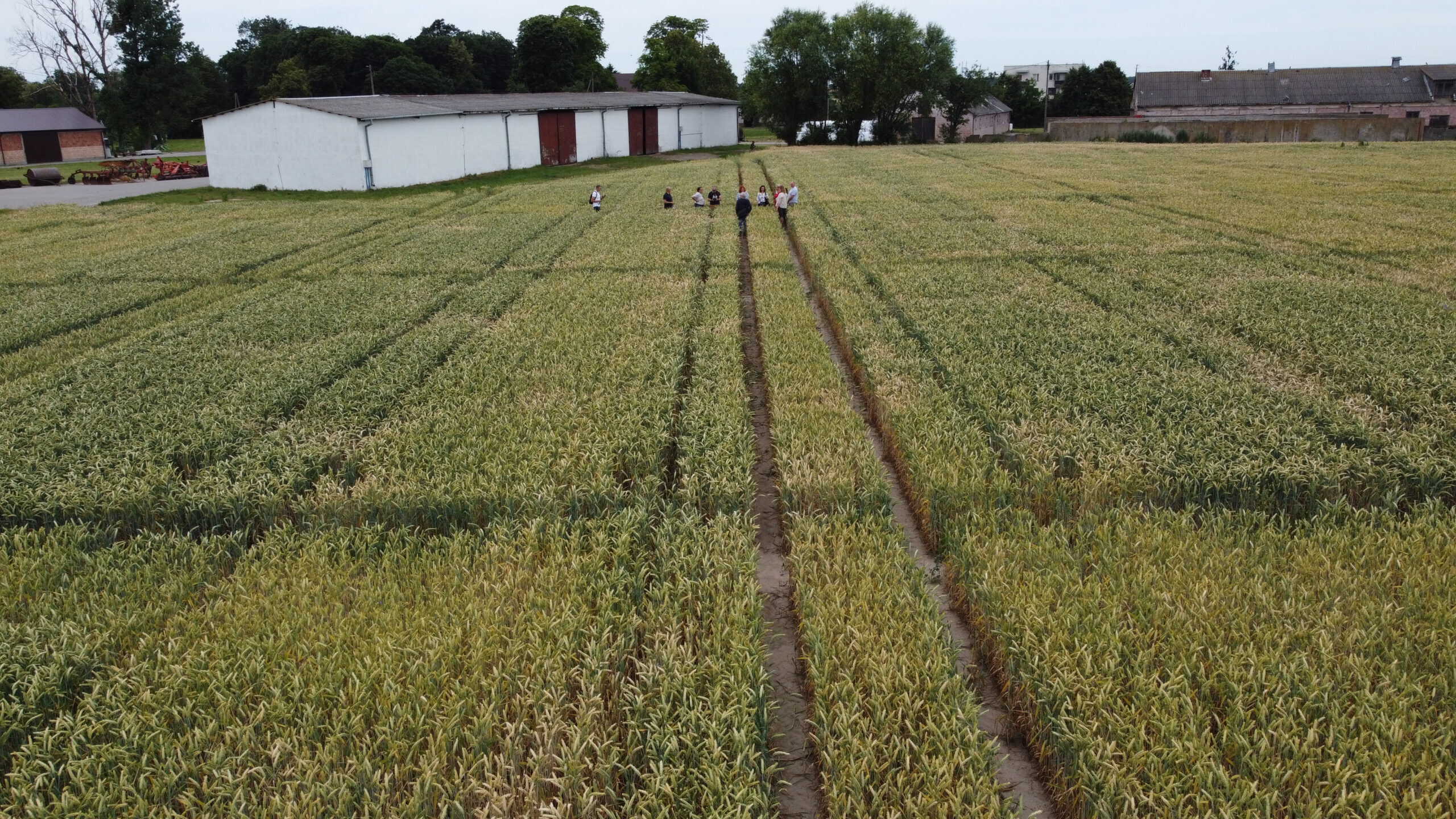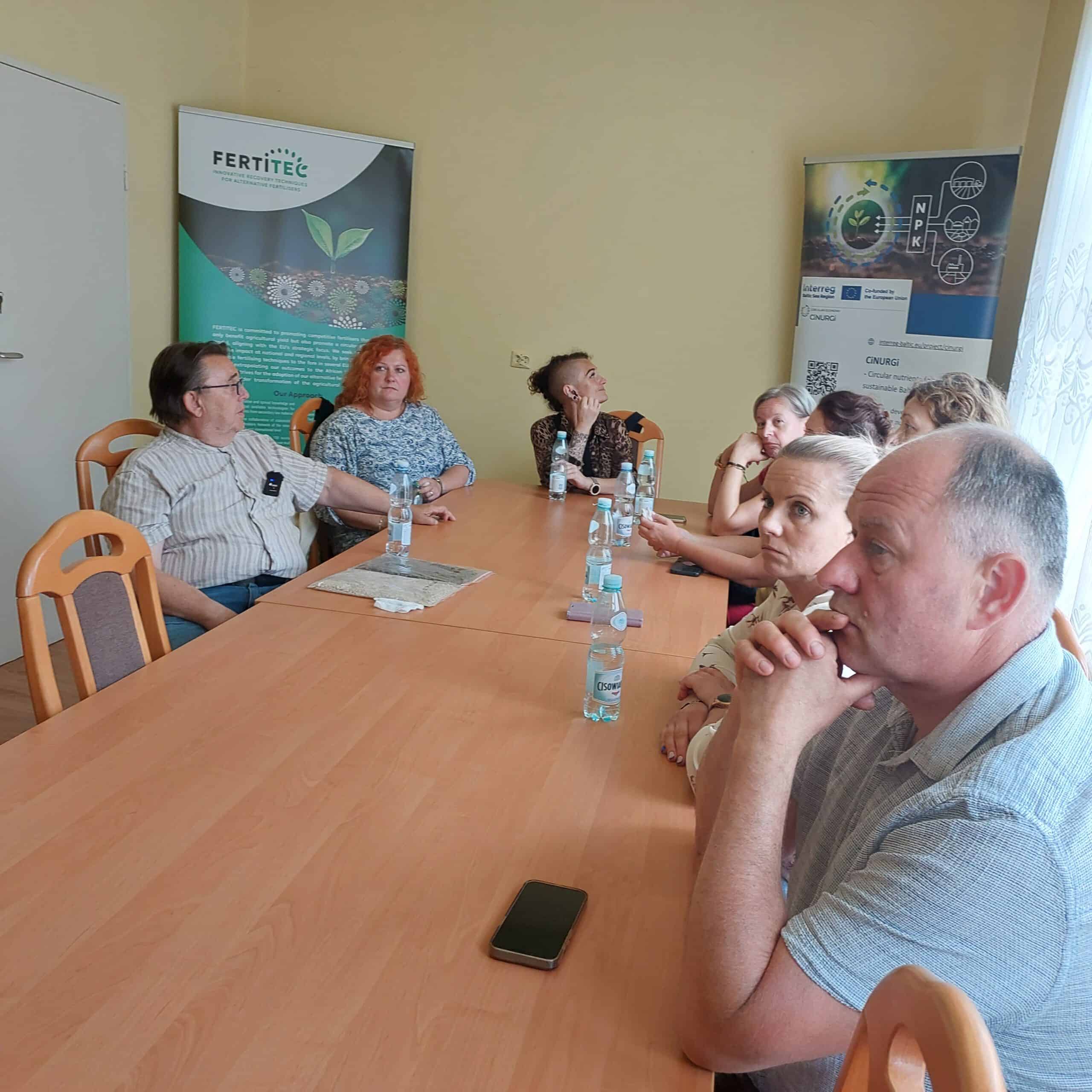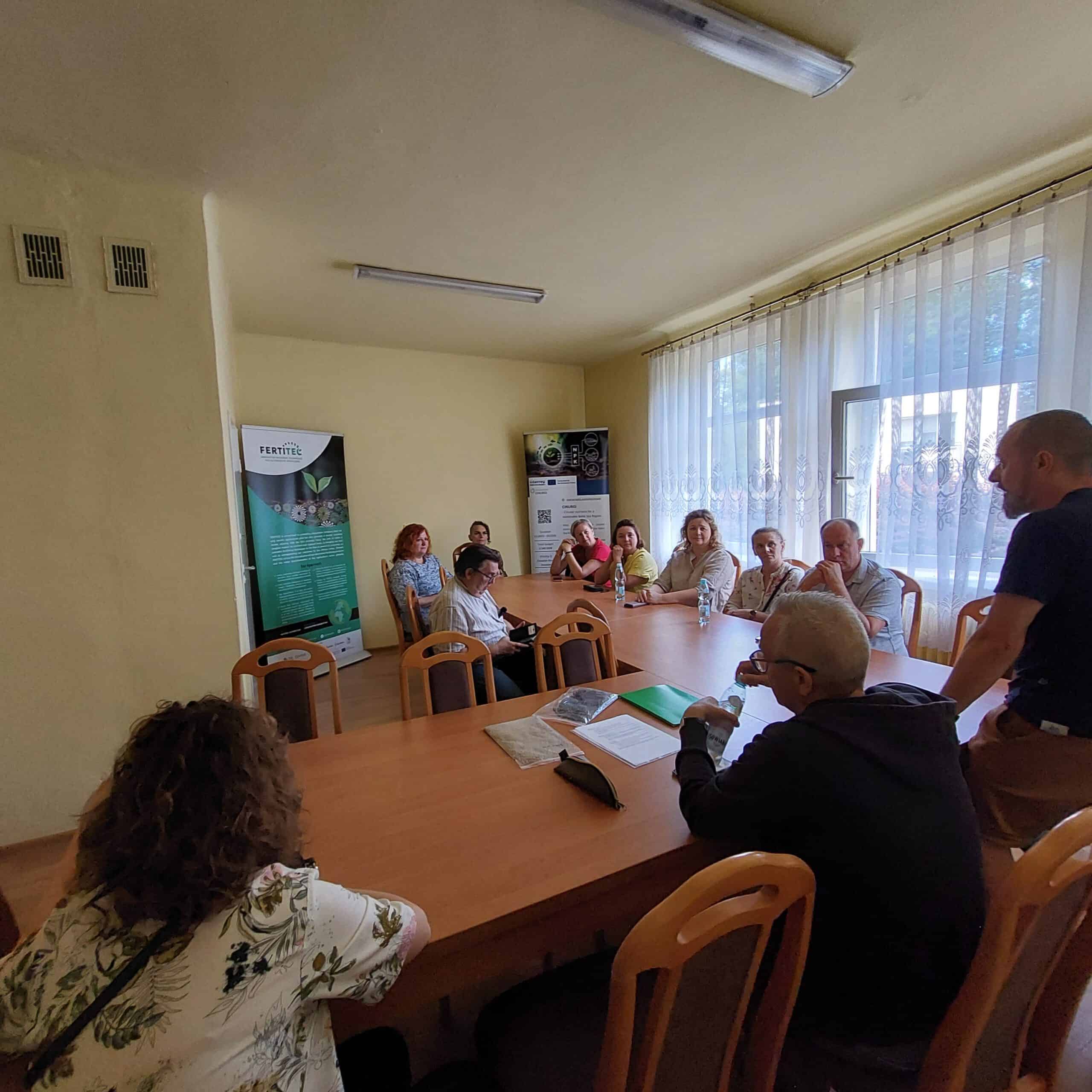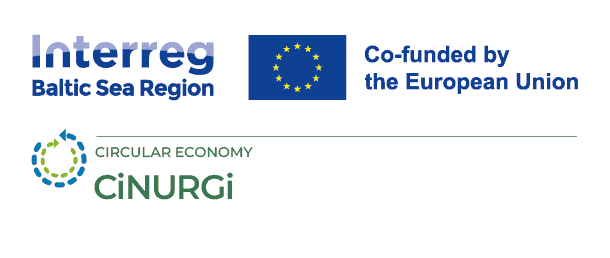
CiNURGi &FERTITEC Joint Field trip to Agricultural Experimental Station of the Institute of Soil Sciences and Plant Cultivation in Grabów
26 August 2025
The IUNG team organised the visit in cooperation with the Agricultural Advisory Center in Radom. Invited advisors from the Mazovian Agricultural Advisory Center attended the meeting. Advisors learned about recycled nutrient fertilisers (RNFs) – their safety, use in sustainable farming, and potential to replace part of mineral fertilisation. Field trials with winter wheat and maize showed promising results, sparking discussion on competitiveness and farmer interest in RNFs.
During the meeting, when Dr. Piotr Skowron presented the assumptions and goals of the CiNURGi and FERTITEC project, participants asked questions about fertiliser recommendations, and the safety of fertilisers produced from wastes, recognised as alternative fertilisers and recycled nutrient fertilisers (RNFs). They were also interested in the possibility of using this kind of fertiliser in sustainable agricultural production, and the possibility of replacing part of mineral fertilisation with these products.
Later in the meeting, the participants went to the experimental fields, where Dr. Damian Wach presented the methodology and the current state of field experiments with winter wheat and maize. The effects of replacing part of the mineral fertilisation were shown on the site. During the presentation of experiments, there was a discussion about the competitiveness of alternative fertilisers compared to mineral fertilisers. Participants exchanged information and observations on the popularity of alternative fertilisers and RNFs among farmers cooperating with advisors in their area.
This visit emphasises the importance of cooperation between agricultural advisory centres and science to increase the awareness of the farming community on such an important issue as the recovery of nutrients from various types of biomasses and inorganic wastes. The meeting also showed that cooperation between scientific projects exploring knowledge in the area of fertilisers produced from waste is also crucial. Sharing experiences between projects increases the effectiveness of disseminating results and achievements, which should be made available to relevant stakeholders.






